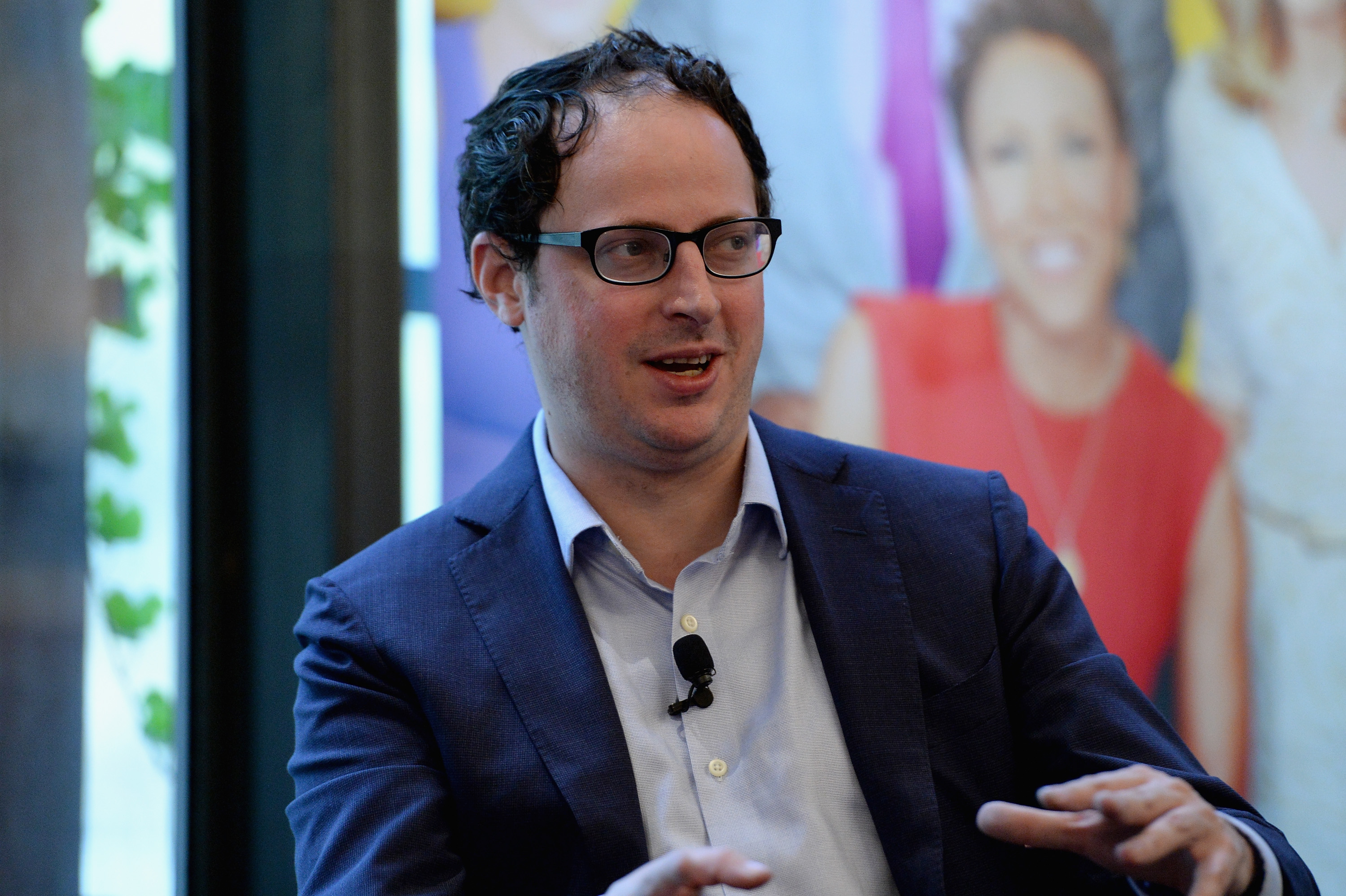I am not very interested who Nate Silver will vote for; I am not very enthusiastic about Newsweek’s choice of title. I think that’s probably by far the least-worthwhile piece of information in the article.
But what I do think is interesting is that he’s got an assessment of the impact of the presidential debate up:
He also discussed the candidates’ win probabilities following their debate on Tuesday: “Before the debate, it had been like Trump 54, Harris 46. These are not vote shares. These are win probabilities. And after, it’s 50-50,” Silver said.
“She, right now, is at 49 percent of the vote in polls,” Silver said on the podcast. “To win, she has to get to 51 percent—51 because she has a disadvantage in all likelihood in the Electoral College.”
Despite having previously shown Trump as surging in the polls, Silver’s model now has him neck and neck with Harris.
I agree it’s not very noteworthy but he’s voting Harris
I have so little faith in polls anymore. I know Silver and others try to patch over the shortcomings by analyzing multiple polls and running weighted probability equations on them and so on. But I always think of GIGO: garbage in, garbage out.
And of course, probabilities are just that: probabilities. So if they say candidate X has a 75% chance to beat candidate Y, that means candidate Y still wins 25% of the time. Which is much higher than we intuit when we just look at the 75%. Anybody who’s rolled a 1d4 in D&D knows that 1 will come up more than we’d like.
Allan Lichtman’s analysis is more interesting to me. He’s been right 9 out of 10 times. Which certainly doesn’t mean he’ll be right this time. But I think it’s cool that he ignores polls. I wonder if his methodology, while very clever, may not be up to date for 2024 with all the weird shit going on with judges, electors, etc. The “meta issues”, if you will, around his “Keys to the White House.”
And of course, probabilities are just that: probabilities.
LIke… Yeah. It’s crazy to me how many people think “75%” means “that person will win” and then blame the polls if they don’t. People do this all the f’ing time with the weather as well. “They said it would rain!” when, in fact, they said there was a 80% probability that it would rain.
Yeah it’s true. Though with weather its more egregious, we have a huge dataset to test weather predictions vs weather results against, to test the accuracy of models.
Our ability to test election forecasting percentages is limited to a dataset too small and too different year-to-year to call it tested. So, it really is much less grounded in empirical reality than weather forecasting. It’s mathematical voodoo, in my eyes closer to numerology than science.
Though with weather its more egregious, we have a huge dataset to test weather predictions vs weather results against, to test the accuracy of models.
You’re right - and the predictions are quite accurate for 24-48 hours out. The thing is - if you say “there is a 90% chance of rain” then you would expect that 1 out of 10 times it would rain. If it rains all 10 times then your probability estimate was wrong (it was 100% chance of rain). At least over a large sample set.
Nate actually goes into this quite a bit in his book The Signal and the Noise.
I can’t imagine anyone being accurate in a world where a growing percentage of people are disconnecting from traditional media sources.
Trump has recently stated that he may not do any more debates with Harris, which I suppose wouldn’t be a surprise – it sounds like this one substantially hurt his chances.
https://abcnews.go.com/Politics/trump-refuses-commit-2nd-debate-harris-lost/story?id=113590118
If so, we’re heading towards the election with things in a dead heat.






